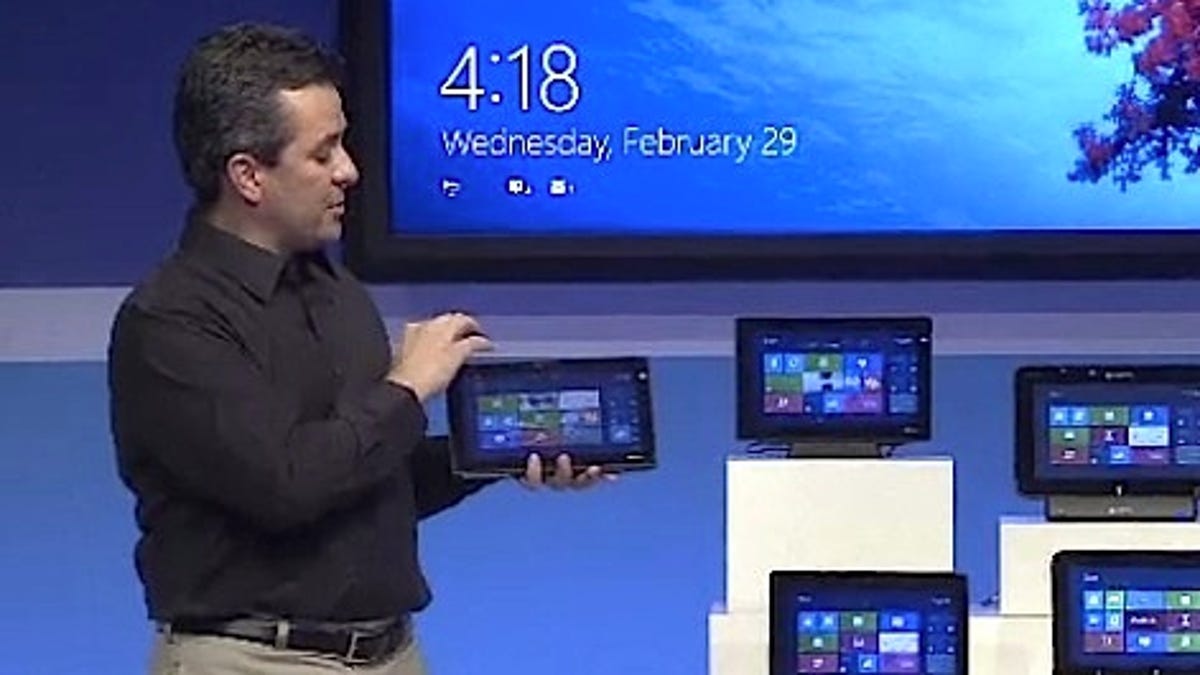Microsoft defends Windows RT as necessary disruption
Microsoft defends Windows RT in an interview with CNET. It's a disruptive technology that will only get better with time, according to Michael Angiulo, corporate vice president.

Microsoft defended the future viability of Windows RT during an interview with CNET today.
Michael Angiulo, corporate vice president, Windows Planning, Hardware & PC Ecosystem, talked with CNET about what makes RT important for the software giant.
The platform took some hard knocks before and after it debuted on October 26. A lot of the criticism has focused on the lack of compatibility with older Windows applications, in contrast to backward-compatible Windows 8 on Intel-based devices.
But Angiulo says Microsoft has good reason to stick with the platform.
It was a ton of work for us and we didn't do the work and endure the disruption for any reason other than the fact that there's a strategy there that just gets stronger over time.Looking at things now like power performance and standby time and passive [fanless] form factors. When we launched windows 8, it was really competitive with a full-sized iPad. A lot of that was made possible by the ARM [chip] architecture.
And the viability of ARM chips versus Intel?
If you look forward a year or two and you look at the performance output of ARM chips, those are some really capable chips. I think it has a very bright future.
And Angiulo expanded on that last point when talking about the future of RT.
People are talking about legacy desktop software not running, but they don't think about the customer benefit of only running modern apps. The only apps that you install from the Windows store are the kind, that as a customer, you can manage your rights to.
Let's say you drop that PC in a pool. Well, you get a new one and then you just redownload [the apps]. That's the kind of model people are used to with a phone or tablet today. I can maintain all the apps in the [Microsoft] store and reset with a single switch.
So, on Windows RT, the user experience stays consistent over time. That's a big benefit. And as the number of apps grow in the store, that value promise only gets stronger.
Windows RT will also be a strong platform for tablets that come with 3G/4G capability, Angiulo added.
And on the ARM side, there is a propensity for a much higher percentage of PCs that are going to ship with mobile broadband [3G/4G], precisely because ARM PCs have even longer battery life [than Intel PCs] on connected standby [when a device is in standby mode but still connected to e-mail, social networking sites, and the Internet in general].
Updated on March 22 at 12:30 a.m. PDT: throughout.

